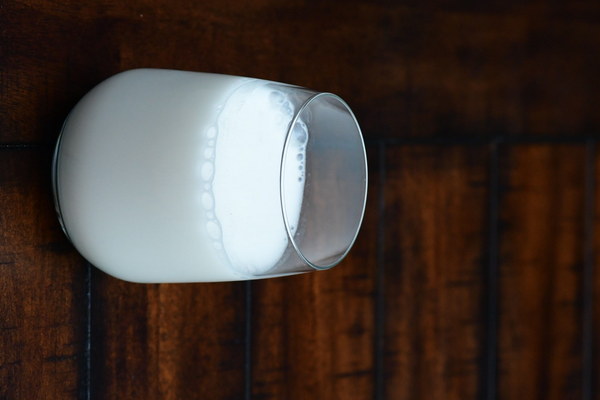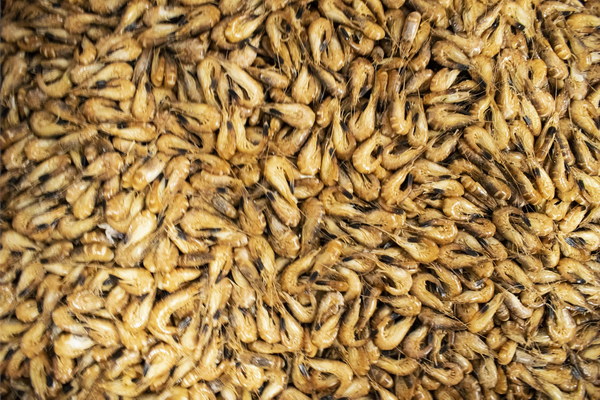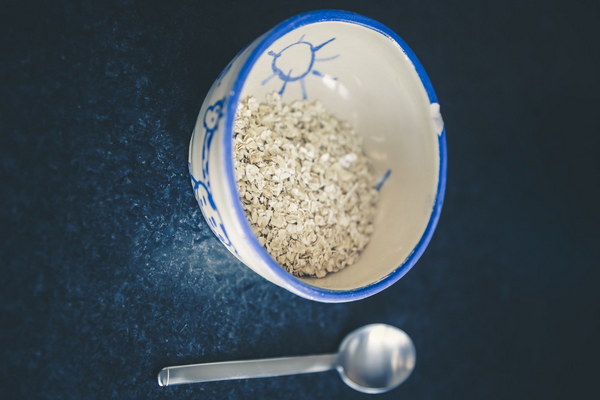Supplement Intake A Surprising Influence on Sleep Quality
In the pursuit of optimal health and vitality, many individuals turn to dietary supplements as a quick fix to boost their well-being. However, what many may not realize is that the very supplements intended to enhance their health could be negatively impacting their sleep quality. The relationship between supplement intake and sleep is a complex one, with various factors at play. This article delves into how certain supplements can affect sleep and offers guidance on how to navigate this potential pitfall.
The Basics of Sleep and Supplements
Sleep is a fundamental biological process essential for physical and mental health. It is during sleep that the body repairs itself, consolidates memories, and releases growth hormones. Supplements, on the other hand, are substances taken to add nutrients to the diet or to enhance health. While they can be beneficial, they can also disrupt the delicate balance of sleep.
Common Sleep-Disrupting Supplements
1. Caffeine: A widely consumed stimulant, caffeine is found in coffee, tea, chocolate, and many over-the-counter medications. Even in small amounts, caffeine can significantly disrupt sleep patterns, particularly if consumed in the evening or at night.
2. Ginseng: This popular herbal supplement is believed to boost energy and enhance cognitive function. However, it can also cause restlessness and interfere with the ability to fall asleep.
3. B vitamins: While B vitamins are essential for energy production, certain forms, such as niacin (vitamin B3), can cause a flushing sensation and disrupt sleep in some individuals.
4. Iron: Iron supplements are commonly prescribed to treat iron deficiency anemia. However, excessive iron intake can lead to insomnia and other sleep disturbances.
5. Melatonin: While melatonin supplements are often used to treat insomnia, excessive use or taking them during the day can cause drowsiness and negatively impact sleep quality.
How Supplements Affect Sleep
The impact of supplements on sleep can be attributed to several factors:
- Stimulants: Supplements containing stimulants, such as caffeine, can increase alertness and energy levels, making it difficult to wind down and fall asleep.
- Herbal Remedies: Some herbal supplements have similar effects to stimulants and can cause restlessness and anxiety, leading to sleep disturbances.

- Nutrient Imbalances: Certain supplements can lead to imbalances in the body's nutrient levels, which can affect sleep patterns.
- Gut Health: The gut is closely linked to sleep. Some supplements can disrupt the balance of gut bacteria, leading to inflammation and sleep disturbances.
Navigating the Supplement-Sleep Connection
To minimize the impact of supplements on sleep, consider the following tips:
- Timing: Take supplements earlier in the day to avoid sleep disturbances. For example, melatonin supplements should be taken at least an hour before bedtime.
- Dose: Start with the lowest possible dose and adjust as needed. Be cautious with stimulants and high-dose vitamins.
- Consultation: Before starting any new supplement regimen, consult with a healthcare professional, especially if you have pre-existing sleep issues or health conditions.
- Quality: Choose high-quality supplements from reputable sources to ensure they are free from contaminants and contain the intended ingredients.
- Monitoring: Keep track of how different supplements affect your sleep and adjust accordingly. If a particular supplement is causing sleep disturbances, consider discontinuing its use.
In conclusion, while supplements can be beneficial for overall health, they can also disrupt sleep patterns. Being aware of the potential impact and taking steps to mitigate these effects can help ensure that your supplement regimen is not compromising your sleep quality.









